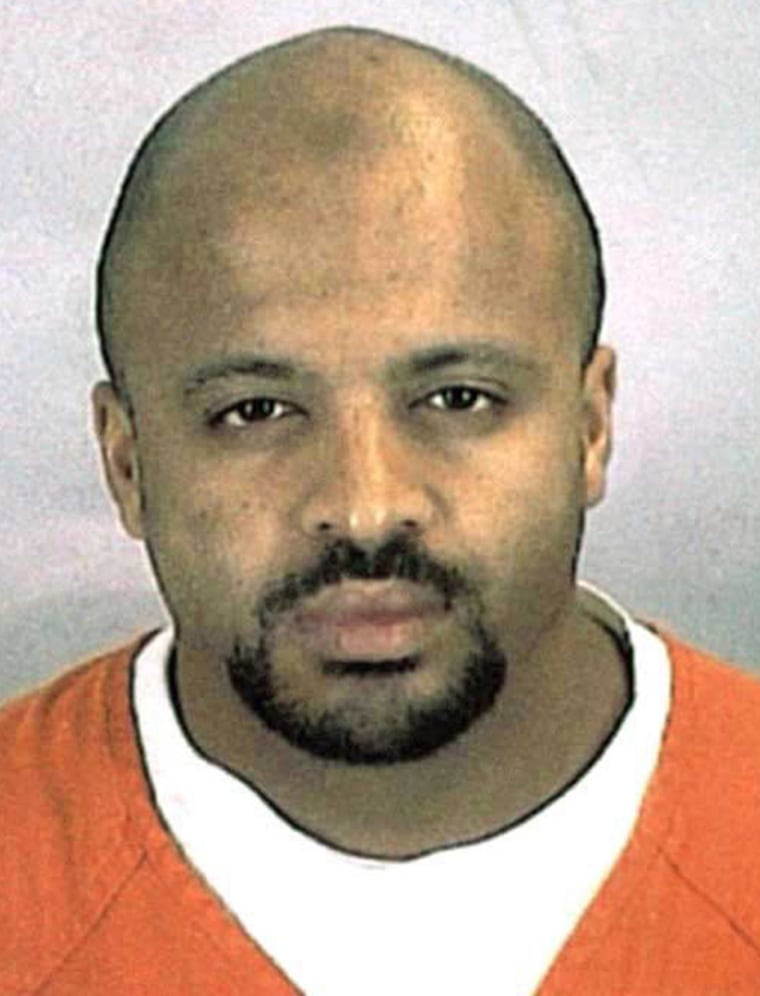A federal appeals court in Virginia allowed the government’s case against terrorism suspect Zacarias Moussaoui to proceed Thursday and lifted a ban on prosecutors’ presenting evidence related to the Sept. 11, 2001, terrorist attacks.
The three-judge panel of the 4th U.S. Circuit Court of Appeals ordered U.S. District Judge Leonie Brinkema to work out a compromise on the key issue: whether Moussaoui should have access to witnesses affiliated with the al-Qaida terror network who could help his case.
Moussaoui, a French citizen, is the only person charged in the United States in connection with the Sept. 11 attacks, which killed about 3,000 people in New York, Washington and Pennsylvania. He was taken into custody on immigration charges in August 2001 after his desire to learn to fly a Boeing 747 with little flight background aroused suspicions.
The government had asserted that Brinkema exceeded her authority by ruling that Moussaoui, an acknowledged member of al-Qaida, could have access to three prisoners from Osama bin Laden’s terrorist organization. The appeals panel rejected the government’s argument.
Rather, the judges affirmed Brinkema’s findings that “the enemy combatant witnesses could provide material, favorable testimony on Moussaoui’s behalf.”
However, the appeals judges rejected Brinkema’s view that it was not possible to craft a compromise, saying written statements from the prisoners could substitute for direct questioning of the witnesses.
National security cited
Brinkema sought to punish the government for refusing her orders allowing access to the prisoners by barring all evidence related to Sept. 11 and banning the death penalty, which the government said it would seek if Moussaoui was convicted.
The appeals judges rejected the sanctions.
“No punitive sanction is warranted here because the government has rightfully exercised its prerogative to protect national security interests by refusing to produce the witnesses,” the court said.
The appeals court said Brinkema was wrong in rejecting the government’s proposal to provide written summaries of statements from the witnesses Moussaoui sought for his defense, rather than providing the actual witnesses to testify at his trial.
The court instructed Brinkema to work with the government, Moussaoui and his court-appointed attorneys to craft the language of the statements that will be presented to the jury. The judges said the statements should use the exact language from the witness interrogations “to the greatest extent possible.”
The court said Moussaoui and his lawyers could pick from the summaries of the witness interrogations the statements they wanted to present to the jury and Brinkema then would craft the final language. When she finished, Moussaoui would have the final say on whether to submit the statements to the jury.
